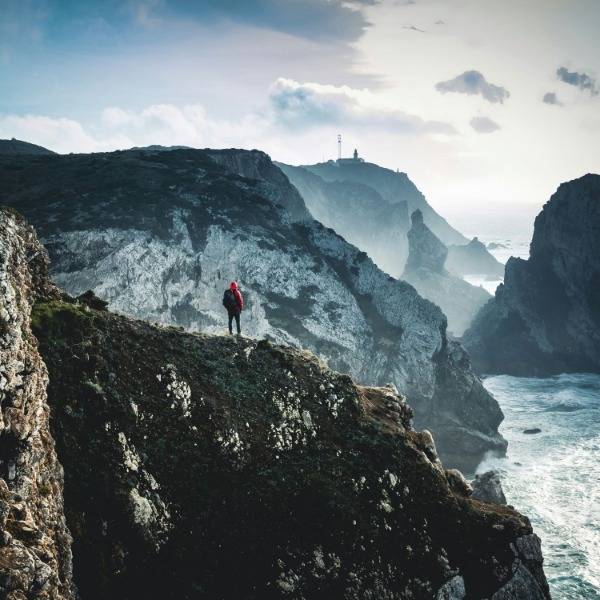
This article is a preview from the Spring 2019 edition of New Humanist
It’s a warm autumnal evening and I’m sitting outside the Spanish restaurant on Lamb’s Conduit Street sharing tapas with the American sociologist Richard Sennett. We’ve been talking about his book The Culture of Capitalism, in which he’s written persuasively about how the modern necessity to move from job to job means that individuals have to either improvise a life-narrative or forsake a sense of self.
I’m feeling relaxed, pleased with the way I’ve grasped his thesis, when he suddenly pops the question.
“Laurie,” Richard says, with the detachment of a gastronome assessing the calamari, “have you ever been gay?”
“No. No. Not really.”
“Oh, Laurie, you should have been. It’s such fun!”
Even as we made our goodbyes I was regretting my abruptness. Why on earth had I reacted to his gentle enquiry like someone accused of a high treason? What in heaven’s name had I meant to convey by adding the information that I had never been “really gay”? And surely I should have managed something a little more telling than a wan smile when Richard was so warmly extolling the practice. Such fun! Such fun!
On my walk back home along Theobalds Road, I rehearsed some alternative rejoinders. “Well, Richard, I’ve never been actively gay, but at drama college in Sidcup I was certainly very close to several gay fellow students.” Not good. Translation: “Some of my best friends are gay.” Or: “No, Richard. But to tell the absolute truth, I’ve always felt somewhat imprisoned by my heterosexuality.” Better. Prisoners surely deserve some sympathy. But could I have kept my face straight as I so blatantly misrepresented my entire adult life?
It was only as I crossed into Old Street that I came up with the clincher. “No, never. But before you say anything else, Richard, that’s only because I am essentially a child of my times. When I was growing up in the 1940s and 50s, there were no doubt many unfortunate boys who were forced to repress their homosexual desires, but the rest of us – all the boys and young men that I ever knew in those formative years – were never presented with the option of homosexuality. We had no gay friends or at least no friends who could ever allow themselves to be gay. We had no gay icons. No Barbra Streisand or Dusty Springfield. No gay clubs. No gay argot. In that environment you were no more likely to wonder if you might be gay than ponder the possibility that you could be a Knight of the Round Table.”
Since that time, I have considered inviting Richard Sennett out for another Spanish lunch, so as to have the chance to parade my newfound explanation in front of its true progenitor. But it’s proved itself so valuable in other contexts that I’m rather inclined to downplay its origins.
Consider pornography. It was a middle-aged investment manager from a neighbouring flat who first raised the topic. Someone from his office had lost their job because their computer had been found to contain rather more hardcore material than a sack of Bramley apples.
“Were you ever into pornography?” he enquired.
“No. Not really. But that’s only because I am essentially a child of my times. When I was growing up and in dire need of such erotic outlets, there was no pornography to be had. Boys of my generation had to make do with Parade and Health and Efficiency and, speaking very personally, the lady on the side of the Lux soap flake packet who was only wearing a sort of see-through petticoat. We had no idea of the extraordinary things that men and women could get up to with their various members and orifices. We were an innocent generation, a bunch of naïve lads who would have probably regarded a blowjob as a meteorological phenomenon and thought bukkake to be a Turkish dessert.”
There really is no doubt about it. Insisting upon being a child of one’s times has all-purpose power. Just three days ago, as I was idly watching a documentary on people seeking gender reassignment, the daughter of my present partner wondered aloud if there were lots of men like me who would have liked to become women. “Only,” I told her, “if it meant that we could have gone out with ourselves.”

